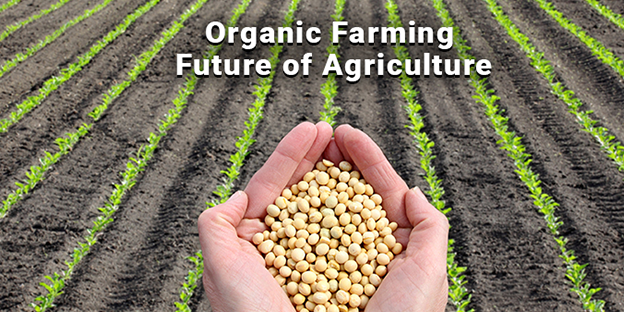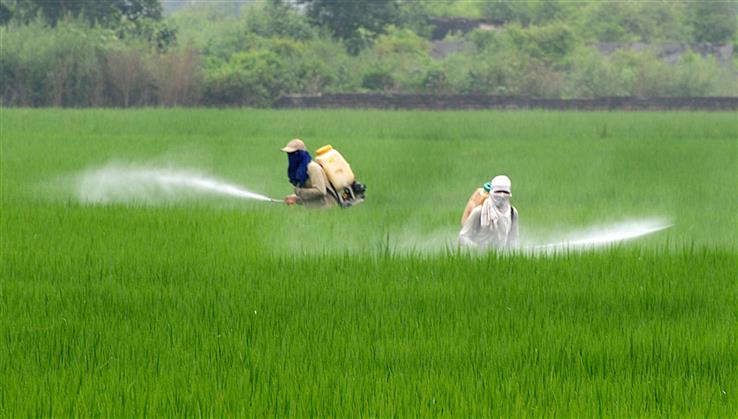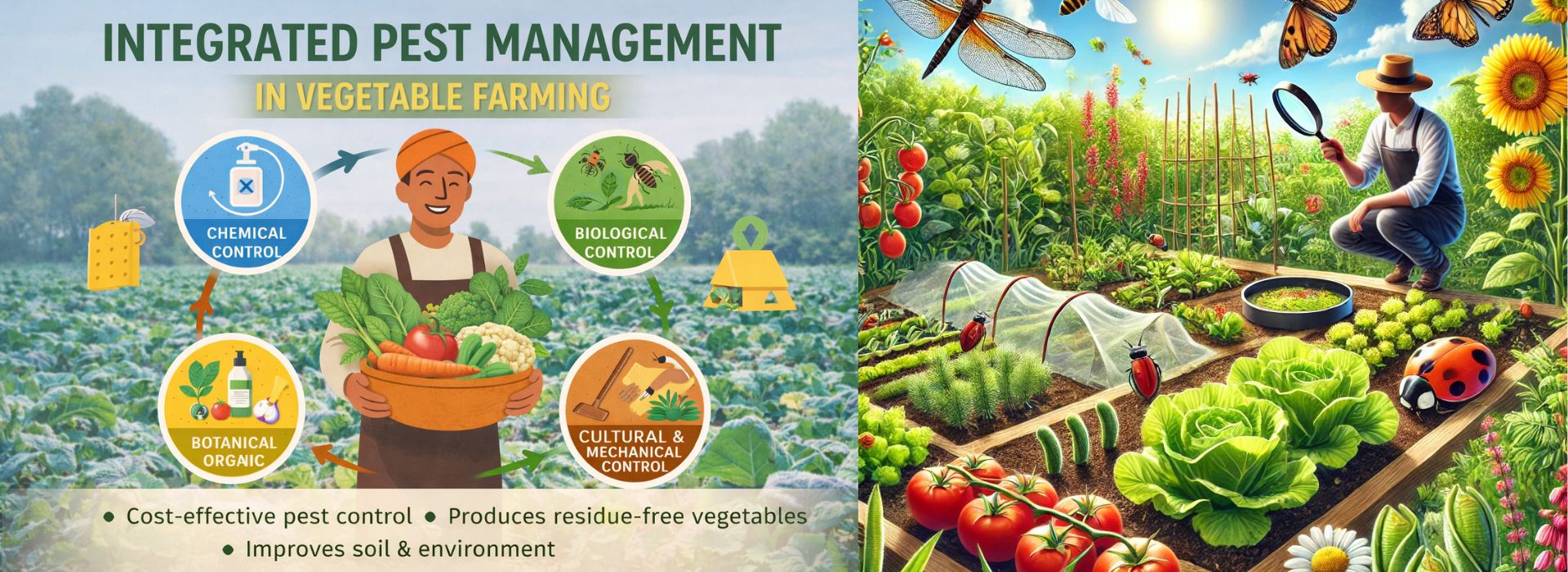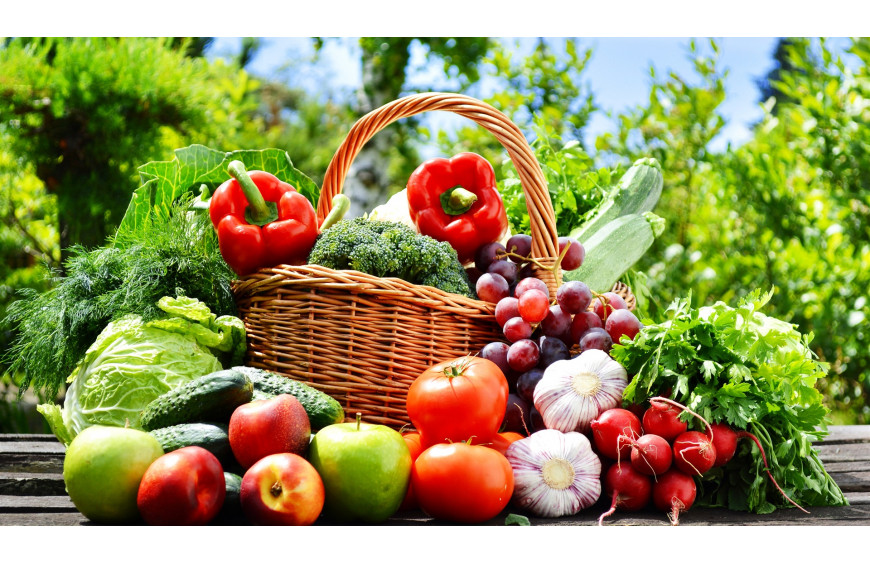The Power of Organic Farming
December 27, 2023Introduction:
In an era dominated by technological advancements and fast-paced living, the call for sustainable and eco-friendly practices has never been more urgent. Organic farming stands as a beacon of hope, offering a holistic approach to agriculture that prioritizes the health of the planet and its inhabitants. This blog explores the principles, benefits, and the growing significance of organic farming in our quest for a sustainable future.
Understanding Organic Farming:
At its core, organic farming is a farming system that relies on natural processes and biodiversity to enhance soil fertility, control pests, and promote overall ecosystem health. It eschews synthetic fertilizers, pesticides, and genetically modified organisms (GMOs) in favor of traditional, time-tested methods that align with nature's rhythms.
Key Principles of Organic Farming:
Soil Health:
Organic farmers prioritize soil as a living, dynamic entity. They employ practices such as crop rotation, cover cropping, and composting to enhance soil fertility naturally. Healthy soil not only fosters better plant growth but also sequesters carbon, mitigating the impacts of climate change.
Biodiversity:
Organic farms promote biodiversity by avoiding monoculture, the practice of growing a single crop over large areas. By cultivating a variety of crops and fostering natural habitats, organic farmers encourage a diverse range of beneficial insects, birds, and microorganisms that contribute to a balanced ecosystem.
Crop Rotation:
Crop rotation is a fundamental organic farming practice that involves alternating the types of crops grown in a specific area over time. This helps break pest and disease cycles, enhances nutrient diversity in the soil, and prevents soil degradation.
Avoidance of Synthetic Inputs:
Organic farming prohibits the use of synthetic pesticides, herbicides, and fertilizers. Instead, it relies on natural alternatives, such as companion planting, biological pest control, and organic compost, to maintain a healthy and resilient farm ecosystem.
Benefits of Organic Farming:
Environmental Sustainability:
Organic farming minimizes the environmental impact of agriculture by avoiding the use of synthetic chemicals that can harm ecosystems, pollute water sources, and degrade soil quality. This sustainable approach contributes to the conservation of biodiversity and the preservation of natural resources.
Nutrient-Rich Produce:
Studies have shown that organic crops often contain higher levels of essential nutrients compared to conventionally grown crops. The absence of synthetic fertilizers encourages plants to develop stronger root systems, enhancing their ability to absorb nutrients from the soil.
Reduced Chemical Exposure:
Organic farming protects farmers and consumers from exposure to harmful chemicals commonly used in conventional agriculture. Choosing organic products supports a healthier lifestyle by reducing the intake of pesticide residues and other synthetic substances.
Support for Local Economies:
Organic farming is often associated with smaller-scale, local agriculture. By supporting organic farmers, consumers contribute to the growth of local economies, fostering community resilience and reducing the carbon footprint associated with food transportation.






Guest reviews
No reviews found for this Blog